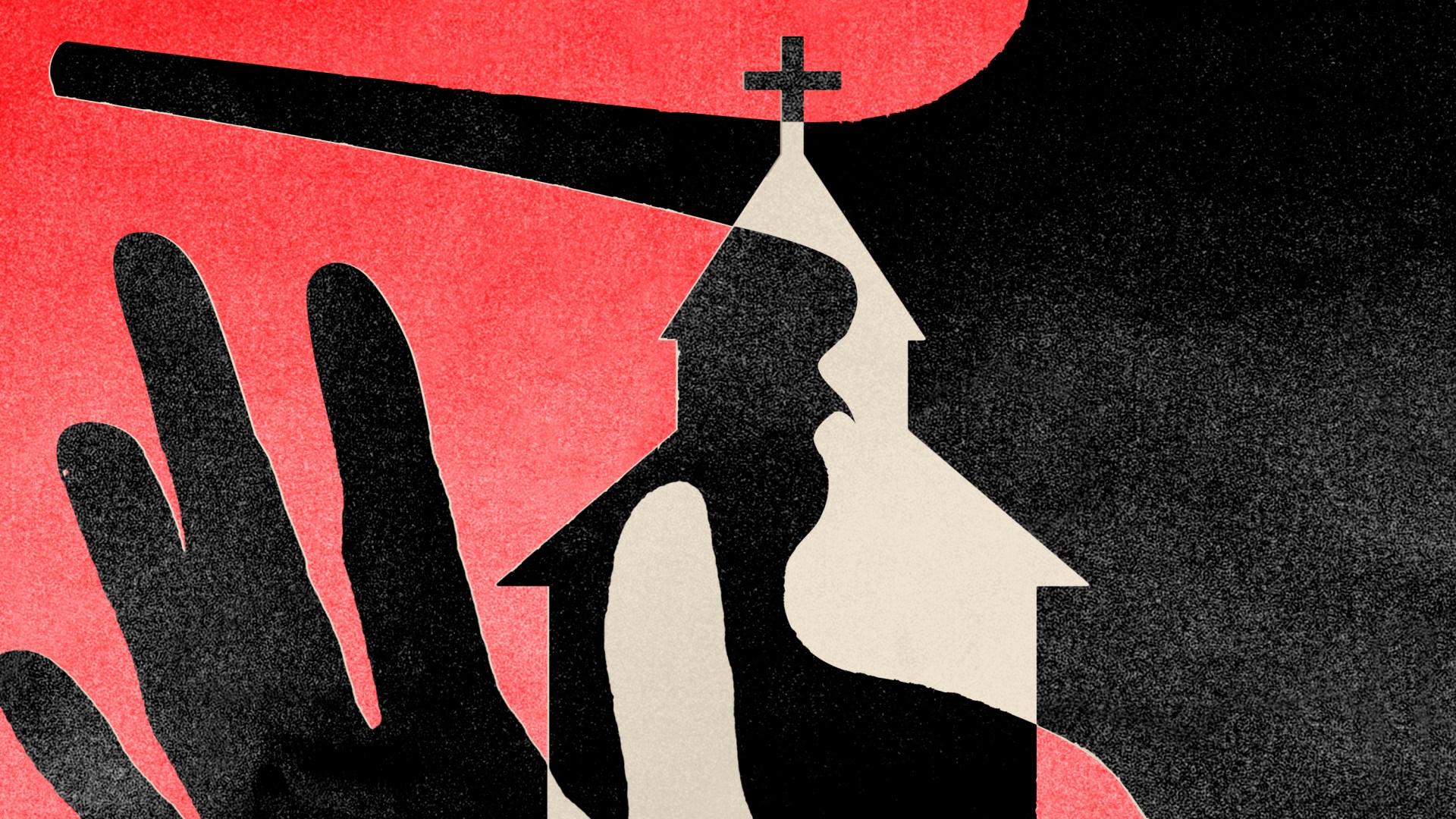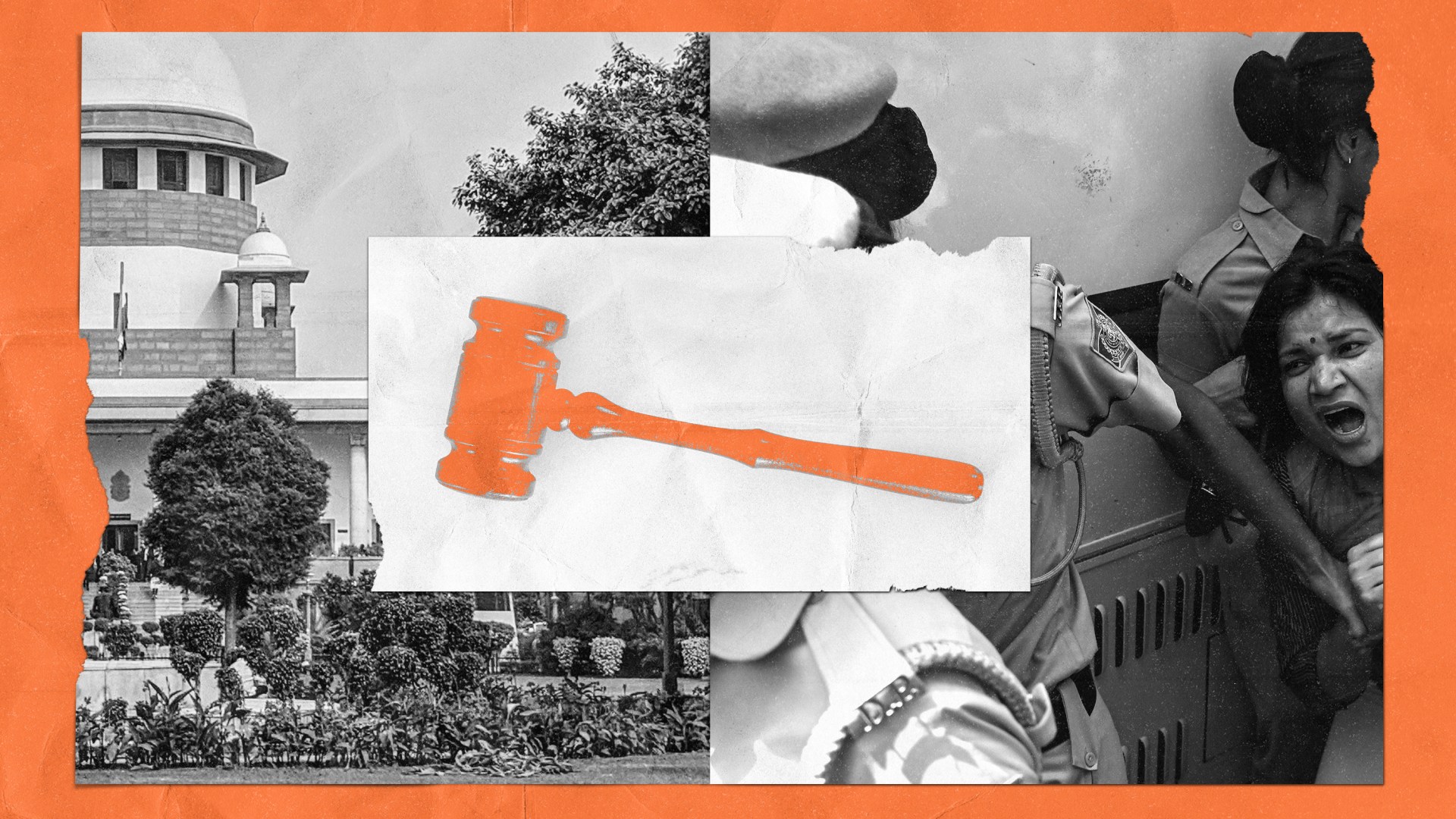I am an educator. I believe in the good of education for everyone and that public schools should be amply funded and resourced. I believe in contributing to the common good even when it doesn’t directly benefit me. And in the summer of 2020, my wife and I found ourselves in what I’d once have called a most improbable situation: We became homeschool parents.
Let me explain.
One of the attractive parts about moving to Abilene, Texas, five years prior was the well-loved public school system. We bought our house near one of the many excellent elementary schools and expected an ordinary educational path for our two children. We’ve long known public school teachers, happily paid taxes for schools our children didn’t attend, and looked back fondly on our own days of bus rides, locker conversations, and school cafeterias.
Then COVID-19 came. Suddenly, we realized our our oldest would be going to kindergarten masked, unable to see his teacher’s face, distanced from other children—or else staring at a screen for hours a day in virtual kindergarten. Guidance from the school board was minimal, and the deadline to register our child for COVID kindergarten ticked ever closer.
We couldn’t do it—but we realized we could handle homeschooling, at least for a while. Both my wife and I could do some of our work remotely, and we could convert part of our living room into a classroom. It would be hard, but we could make it work.
“One year,” we said. “We can do one year.”
Let me say, now, that making this decision was not a brave one. It was simply the only one we felt was available to us. Had COVID not forced our hand, I’m not sure we’d ever have gone the direction we did. That first year required an upheaval in our lives, and not only because of COVID. We never thought we’d be teaching someone how to read and do basic math without help.
But gradually, we quit making jokes about homeschoolers and dropped our unease over being the only homeschool family we knew. We began to embrace the freedom to take long weekends for camping. We found we enjoyed introducing our kids to literature, music, history, and philosophy. We found a rhythm of work and instruction that meshed with our family’s goals. When the most intense COVID era eased, we began to connect with other homeschool families. We enrolled our children in a three-day-a-week co-op run by licensed educators. We even attended a homeschool convention.
Many times, I’ve wondered who we are becoming. But one year turned into two, and, four years later, I can’t see us turning back.
Still, the one lingering question for me is that of the common good. Here in Texas, property taxes are used, in part, to fund the schools, but each school’s enrollment also affects its funding. The lower enrollment drops, the less funding a school gets. By choosing to not enroll our children in the public school around the corner, in other words, we’ve taken money out of that school’s coffers—more money than my school supply donations will ever replace.
By homeschooling, then, maybe I’ve taken away from the common good. But money is not the only measure, and not all of what public schools offer as common is necessarily good.
As an educator, I think standardized testing is a bad way to organize instruction. As a parent, I have concerns with how much time my kids are away from home, how many hours rote homework takes from play and individual interests.
One need not be a Christian to share these concerns. But as a theologian and ethicist, I have other questions too: Is participating in common rites like voting and public education the only or best way for a Christian to contribute to the good of society? And is it possible that in saying no to the concrete, flawed version of a public good, we may say yes to the common good it aims to serve?
In the first century, Justin Martyr offered this account of Christian participation in the common good:
And more than all other men are we your helpers and allies in promoting peace, seeing that we hold this view, that it is alike impossible for the wicked, the covetous, the conspirator, and for the virtuous, to escape the notice of God, and that each man goes to everlasting punishment or salvation according to the value of his actions.
Justin is one in a long line of Christians taking this approach, a line that runs through Augustine, Thomas Aquinas, the Reformation, and into the present. To support the peace of the city is not, Justin argued, the same as using the means of the city: By pursuing the common good in a uniquely Christian way, he said, Christians bear witness to what cities are meant to be.
Today, we can hold with the apostle Paul that it’s good to live at peace with all people as far as we are able (Rom. 12:18), and with Jeremiah that we should seek the welfare of the city (29:7). But that doesn’t require us to pursue these ends only through the means provided by the state. It doesn’t mean people of good will can’t disagree about the form of the common good while agreeing on its value.
At its best, homeschooling orders education around the common life of the family first and, from there, the life of the world. For Christians, it brings education, vocation, family, and spiritual formation into an integrated whole.
Homeschooling certainly can be—and often is—done in a spirit of resentment, as its detractors tend to charge. But it can also be an opportunity for Christians to help children pursue a vision of wisdom, citizenship, and goodness differently.
What if homeschooling offered an alternate vision of education that might even have resonance in the public school system?
What if homeschooling illuminates what Christians should desire for all families: time to educate, freedom to make choices about what is good for our children, and civic resources that help our citizens grow in charity and goodness?
What if, as my family has found, it is possible to homeschool for the common good?
Myles Werntz is author of From Isolation to Community: A Renewed Vision of Christian Life Together. He writes at Christian Ethics in the Wild and teaches at Abilene Christian University.













































